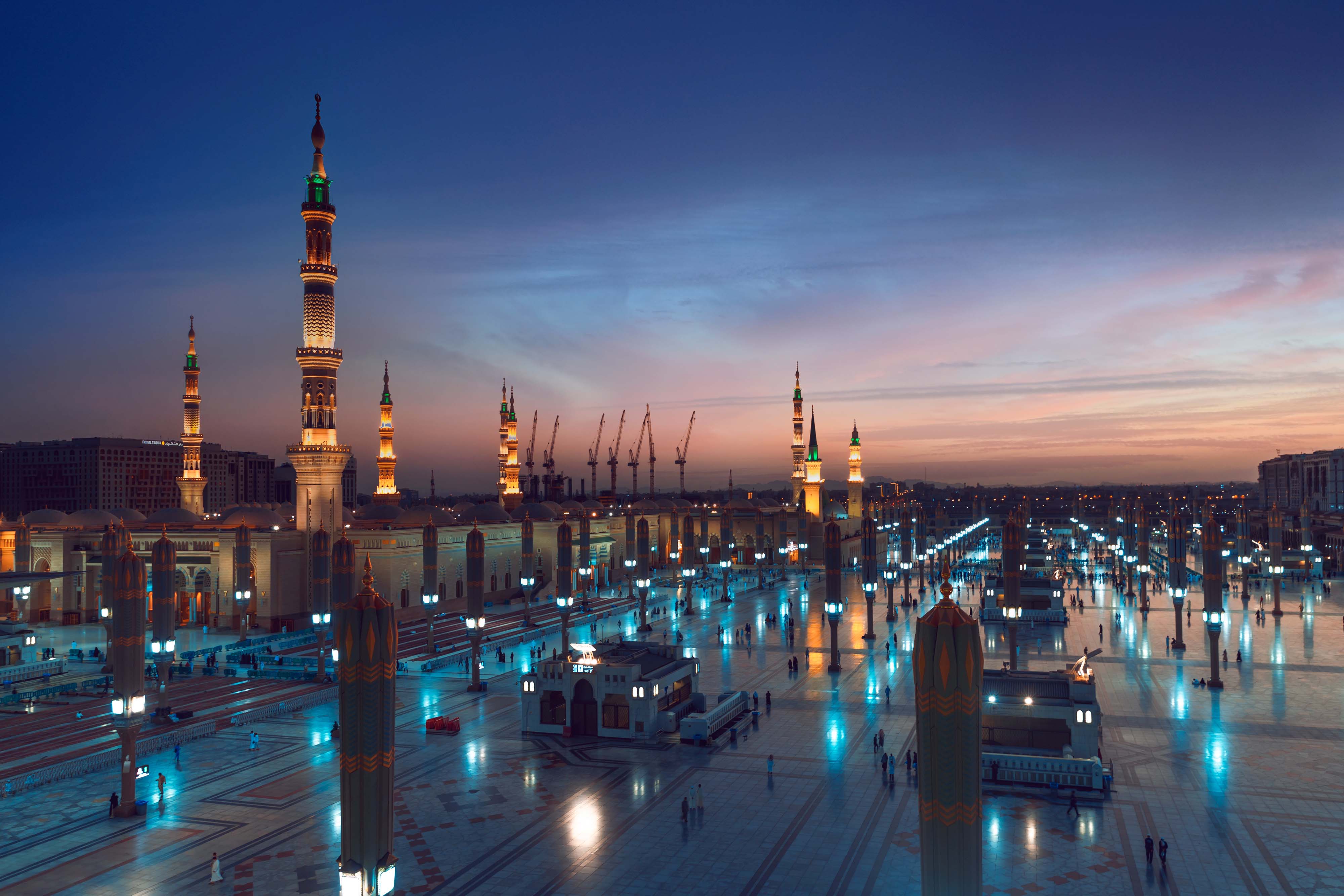It is a small mountain next to Mount Uhud.
Origin of the Name
- It was given this name because the Prophet,
(blessings
and peace
be upon him), ordered the archers in the Battle of
Uhud
to take
their positions at the top of the mountain and to
stay
firm to
protect the Muslim army and prevent the enemy from
turning
around the mountain and besieging the Muslims.
There were 50 archers under the command of Abdullah bin
Jubair, (may
Allah be pleased with him). The inevitable came to pass
as
some
archers disobeyed the Prophet's commands when they saw
that
the
polytheists had initially been defeated and started to
flee
the
battlefield. Then, the archers left their positions and
went
down to
collect booty while their commander, bin Jubair, tried
in
vain to
dissuade them.
Therefore, Khaled bin Al-Walid, still a polytheist at the
time, took
advantage of that mistake, turned around the mountain
with
some
elements of the polytheist army and attacked the Muslim
army. He
managed to reverse the outcome of the battle, and the
victory of the
Muslims turned into a defeat in which many of the
Prophet's
companions, (may Allah be pleased with them), were
killed.
Allah Almighty says, {Why [is it that] when a [single]
disaster
struck you [on the day of Uhud], although you had struck
[the enemy
in the battle of Badr] with one twice as great, you
said,
""From
where is this?"" Say, ""It is from yourselves [i.e., due
to
your
sin]}. [3: 165].
